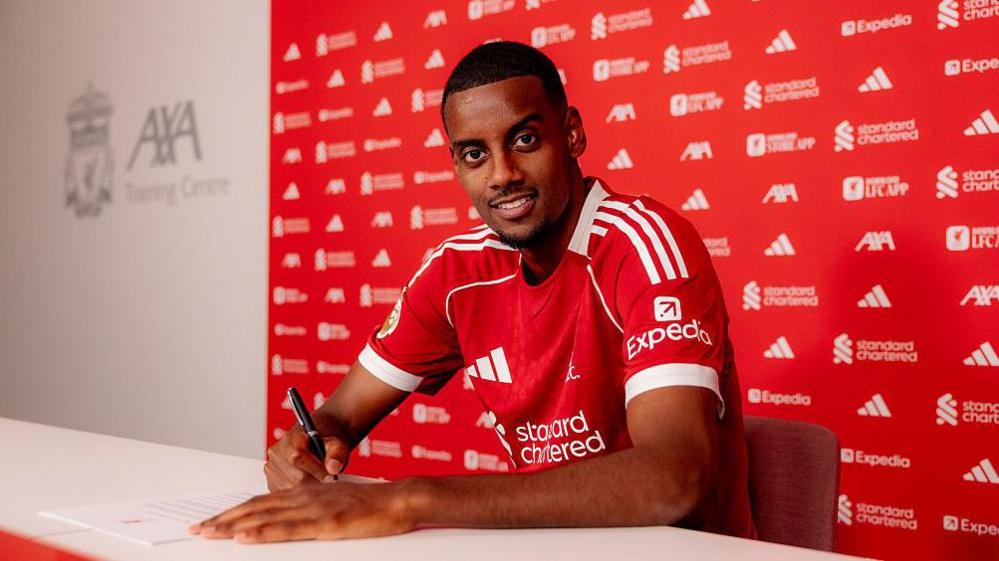Premier League's £3bn summer spending raises questions over competitive balance
Record transfer outlay, driven by a new TV deal and expanded European competitions, leaves England the largest global investor in playing talent
Premier League clubs spent a record £3 billion in the summer transfer window, a scale of outlay that has prompted fresh scrutiny of competitive balance both domestically and across Europe.
The spending surge followed the start of a four-year domestic television deal worth £6.7 billion and additional revenues tied to expanded European club competitions. Clubs completed several high-profile moves, including a British transfer record fee reported for Alexander Isak, underscoring the level of investment the top flight committed this summer.

Fifa noted the scale of international player movement, saying the period demonstrated "the continuing expansion of international player mobility and the growing scale of the global transfer system" and that England had "consolidated its position as the leading global investor in talent." Premier League clubs spent more than those in the Bundesliga, La Liga, Ligue 1 and Serie A combined, a divergence that has fuelled debate about a widening gap between England and the rest of Europe.
Supporters of the spending argue the investment reflects the league's commercial strength and its ability to reinvest broadcast and competition revenues into playing staff. The influx of funds has also intensified the competition for both established and emerging players, with several high-profile young talents opting for moves to the Premier League during the window.
Critics and some football voices, however, have raised concerns about the consequences of sustained, large-scale spending. Questions include whether such investment will entrench the dominance of wealthier clubs, drive inflationary pressure on transfer fees and wages, and reduce competitive parity across domestic and continental competitions.
The timing of the spending — concentrated around a frenetic deadline day — underlined the urgency clubs felt to strengthen squads ahead of the season. Observers say the combination of expanded revenue streams and new European formats has altered club business models and transfer strategies.

The scale of this summer's activity ensures it will be a point of reference for stakeholders assessing the health and competitiveness of domestic and continental football. Governing bodies, clubs and supporters will monitor how the new spending levels affect league standings, club finances and player mobility as the season progresses.
For now, the Premier League's status as the leading investor in playing talent is clear; how that translates into long-term sport-wide effects will become clearer with the unfolding campaign and the continued evolution of broadcasting and competition revenues.